Symon Whitehorn, HTC’s camera expert, recently sat down with Vodafone UK to give them his take on the evolution of the smartphone camera. Naturally, the UltraPixel technology inside the HTC One (M8) is something that HTC will be sticking with for some time, but Whitehorn does reveal that HTC has big plans for the future which include 4K and optical zoom.
The UltraPixel 4K Evolution
The evolution of the UltraPixel sensor is also under way. Whitehorn doesn’t give away much, but he does hint at 4K becoming the next hurdle for HTC to tackle as the resolution becomes the new standard across the industry. While the 4K moniker is typically used to refer to video, it’s resolution is very close to 8 megapixels. HTC kept the 4 megapixel sensor in the new HTC One (M8), but that could change in 12-18 months.
“We could be 4K ready now,” Symon explains, talking about the next generation of HD that’s coming to TVs and cameras. “But we’re waiting until 4K can really fit into people’s lives, and to make sure that that decision makes sense.”
“If you look at 4K quality, it really is only about 8-megapixels. That’s a pretty good level to hold at, because over and above that we’re not sure what benefit you’d be getting. That kind of ballpark is where we’ll be very happy to be in the future, as long as we can maintain the large pixel model.”
Optical Zoom
While we would love an 8 megapixel shooter on the back of the next flagship HTC One, the next advance we get from HTC may actually be optical zoom.
“Optical zooming in a smartphone is not too far off at all for HTC. I can’t give too much away, but within 12-18 months we’ll see huge advances in phone optics. That’s why we don’t necessarily believe in doing a high-resolution, photo enlarging solution.
Bridging the DSLR Gap
Whitehorn also thinks that the gap between the smartphone camera and DSLRs is narrowing. A smartphone camera will never replace a DSLR for professionals, but you’ll see fewer consumers interested in a dedicated camera as the quality of smartphone cameras increases.
“Two years ago I would have said that phones will never replace DSLRs. Now I’m not so sure. I think there’ll always be a role for a dedicated camera, like for sports etc., but I think you’ll see the gap closing. Those cameras will become more specialized out of necessity – they can’t match the brain power that we can put into a phone. But I don’t think the camera industry needs to feel totally threatened. What we’ll see is these things working more harmoniously together. Camera companies will start to embrace the ecosystem we have in phones, and the two will start working in partnerships.”
We’ve been using digital cameras for over a decade now and we think Symon Whitehorn’s assumptions are on the right track. There will always be a need for high-powered DSLR cameras for those who don’t want to compromise, but new lens and sensor technology will soon allow the smartphone to completely replace the dedicated point-and-shoot camera market.
Companies like Nikon and Samsung are already experimenting with Android-powered or connected cameras. It’s only a matter of time before we see their imaging technology retrofitted to work inside devices made by HTC.
Source: Vodafone UK
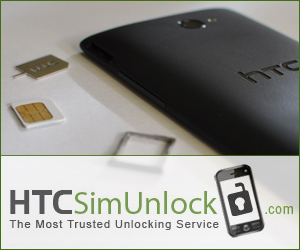



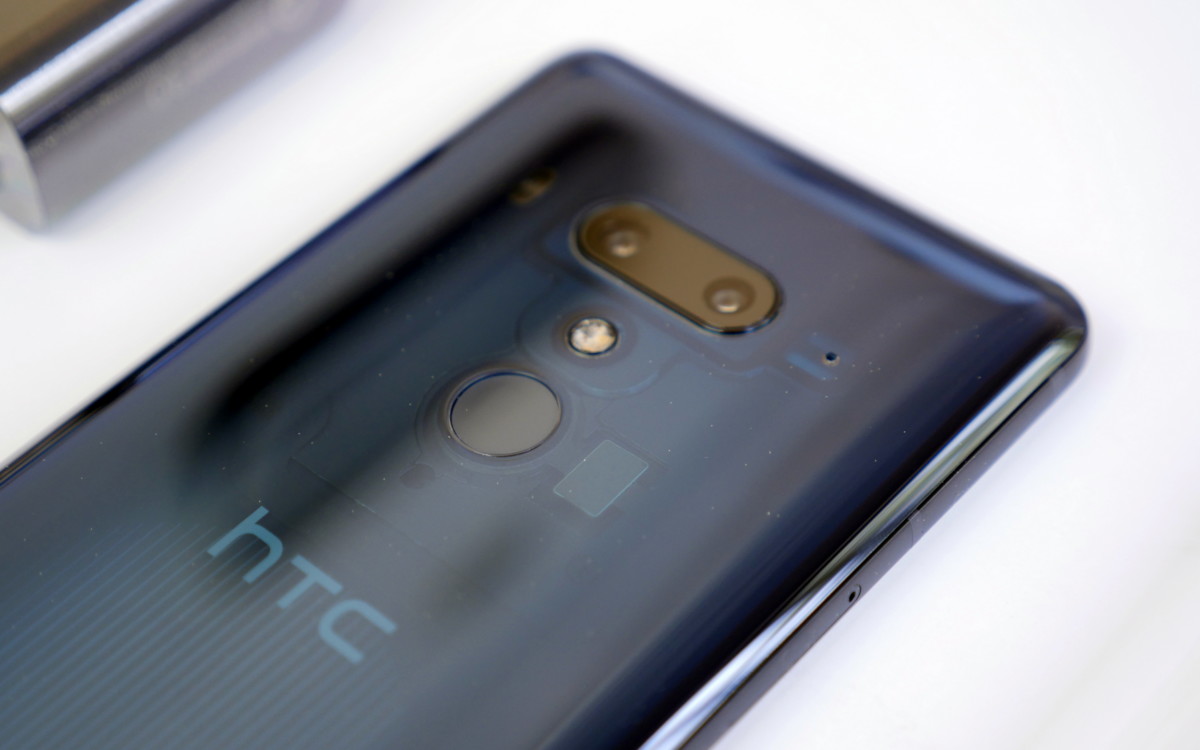
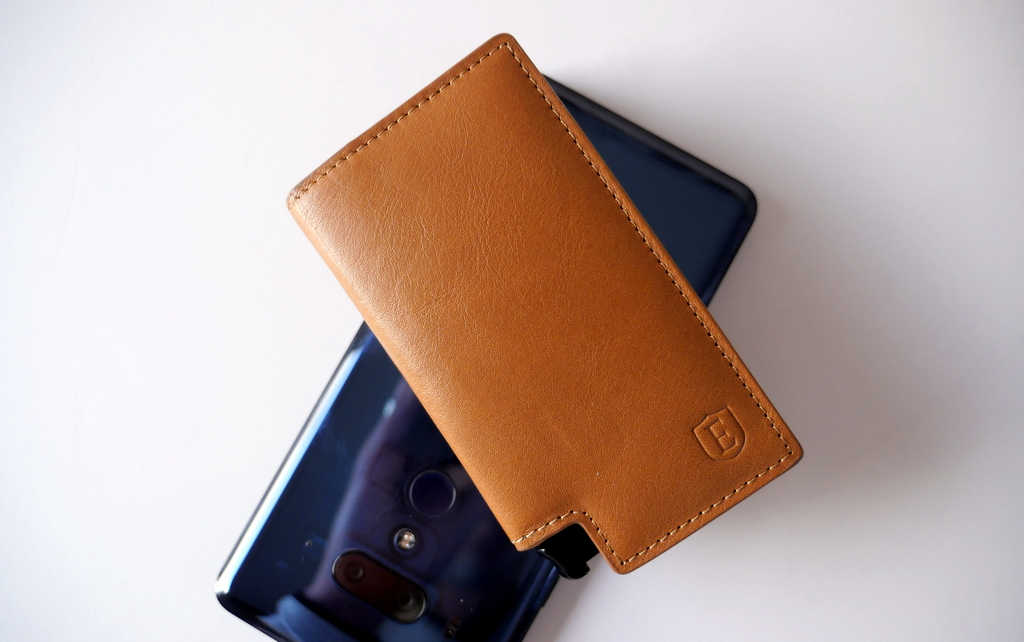


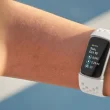
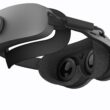
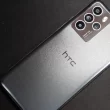
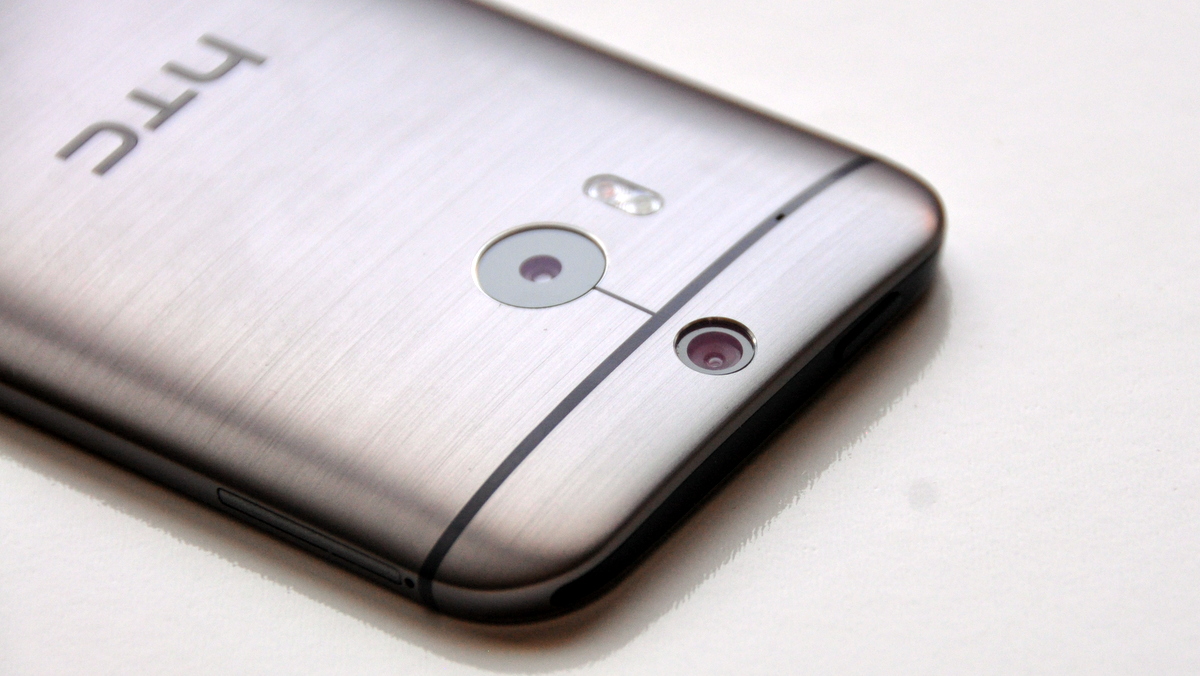
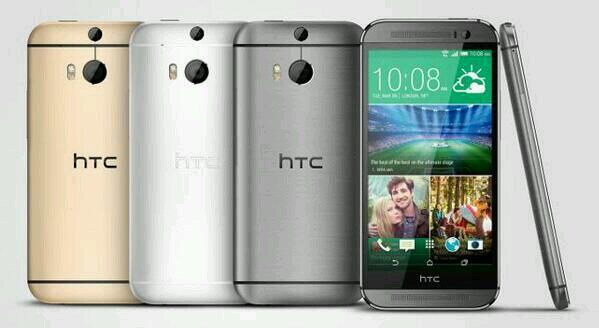
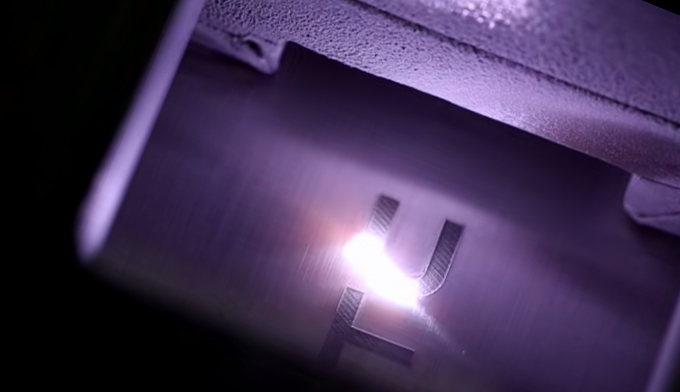

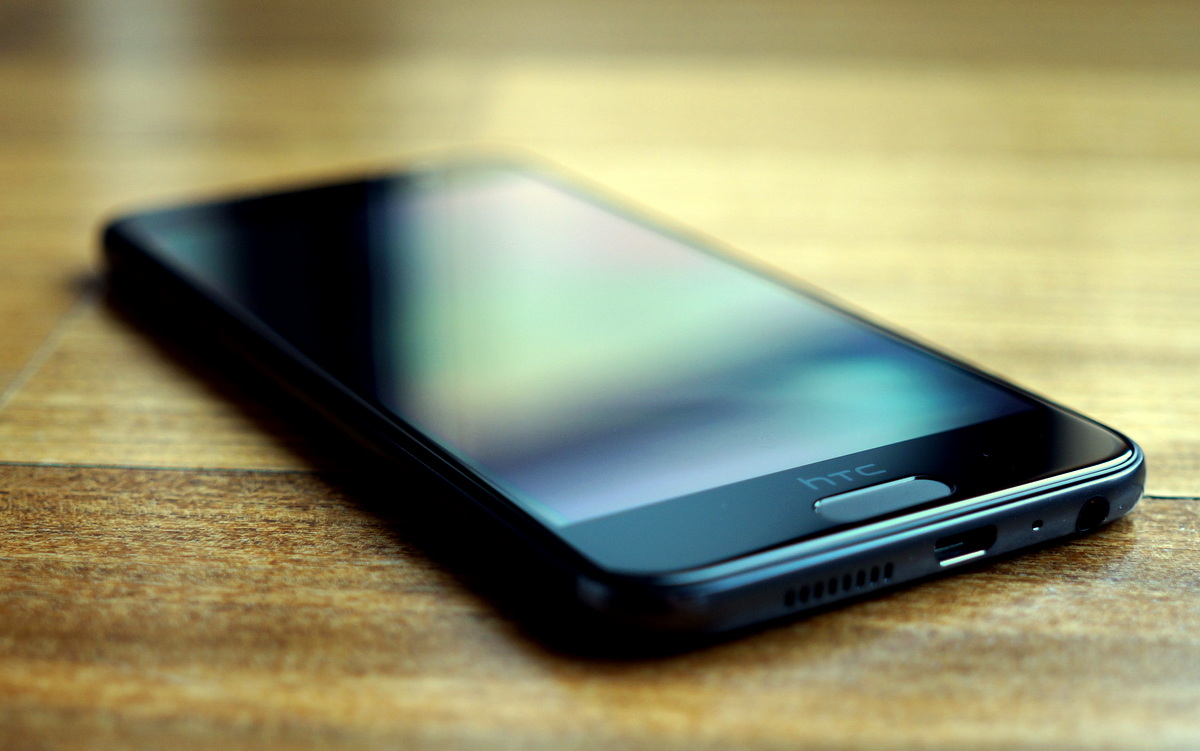
HTC camera is most popular…and i love this..
Download latest android game for kids….kids love this game..
https://play.google.com/store/apps/details?id=com.gameimax.ManWaxing
Check this most popular android game for kids…
https://play.google.com/store/apps/details?id=com.gameimax.kidsdishwashing